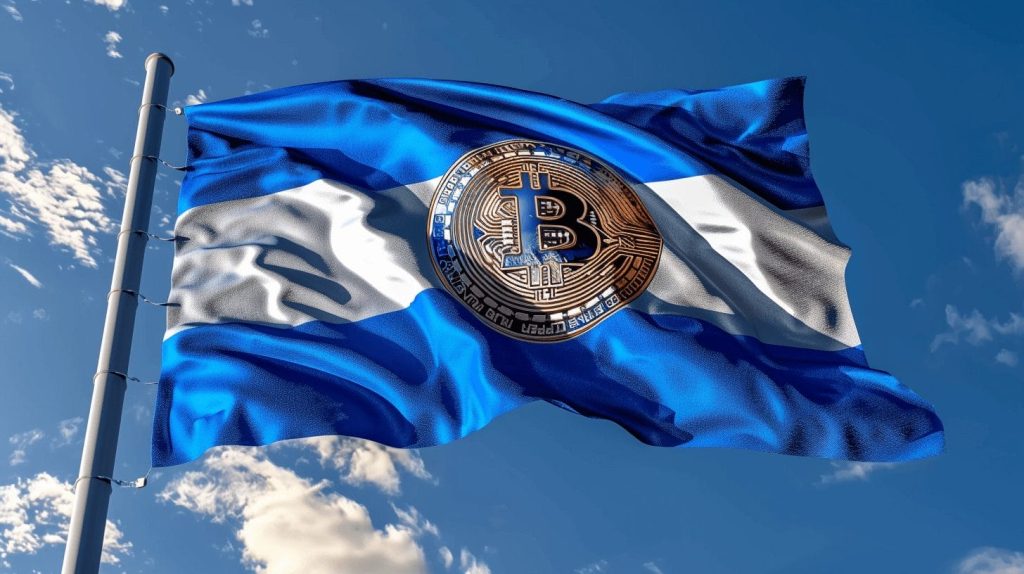The International Monetary Fund (IMF) has advised El Salvador to reconsider its Bitcoin policies and strengthen its cryptocurrency regulations to stabilize the country’s economy and attract foreign investment. Julie Kozack, the director of the IMF’s communications department, emphasized the ongoing collaboration between IMF staff and Salvadoran officials to create a new program supported by the IMF. The IMF’s recommendations aim to address the risks associated with Bitcoin as a legal tender and promote growth-focused reforms. El Salvador’s response to the IMF’s guidance will be crucial in shaping its financial stability and influencing future cryptocurrency regulations in the region.
The IMF has underscored the importance of enhanced risk management in El Salvador’s use of Bitcoin as a legal tender. Recommendations include narrowing the scope of the country’s Bitcoin law, enhancing regulatory oversight, and reducing the government’s exposure to Bitcoin to mitigate potential risks. Implementing these measures can help El Salvador create a more secure economic framework and ensure responsible and sustainable cryptocurrency practices. Kozack also commended El Salvador’s budget proposal for 2025, suggesting that effective implementation could lead to a stable financial environment, encouraging investment and supporting economic growth.
Despite El Salvador’s adoption of Bitcoin as legal tender, the IMF has continually expressed concerns about potential financial instability and lack of consumer protections in cryptocurrency transactions. The IMF had warned about Bitcoin’s volatility and its impact on the country’s financial stability following the adoption in September 2021. While major risks have not materialized as of August 2024, the IMF stresses the need for transparency and improved risk management related to Bitcoin to address potential fiscal and financial stability issues. Failure to heed these warnings could lead to economic challenges and diminish El Salvador’s chances of securing future international financial support.
The response of El Salvador to the IMF’s recommendations will be critical in determining the country’s economic recovery and the future of cryptocurrency regulations in the region. By considering and implementing the IMF’s advice to enhance risk management and regulatory oversight, El Salvador can create a more stable economic environment, attract foreign investment, and foster sustainable growth. The IMF’s ongoing dialogue with El Salvador highlights the importance of balancing cryptocurrency innovation with financial stability to ensure responsible adoption and integration into national economies.
Overall, El Salvador’s decision on whether to follow the IMF’s recommendations will have significant implications for its financial stability and the cryptocurrency market in the region. Addressing the risks associated with Bitcoin and strengthening regulatory oversight can help maintain a secure economic framework and attract investment, while ignoring these recommendations may lead to uncertainty and potential economic challenges. By working collaboratively with the IMF and implementing necessary reforms, El Salvador can set an example for integrating cryptocurrencies into national economies while ensuring financial stability and growth.


